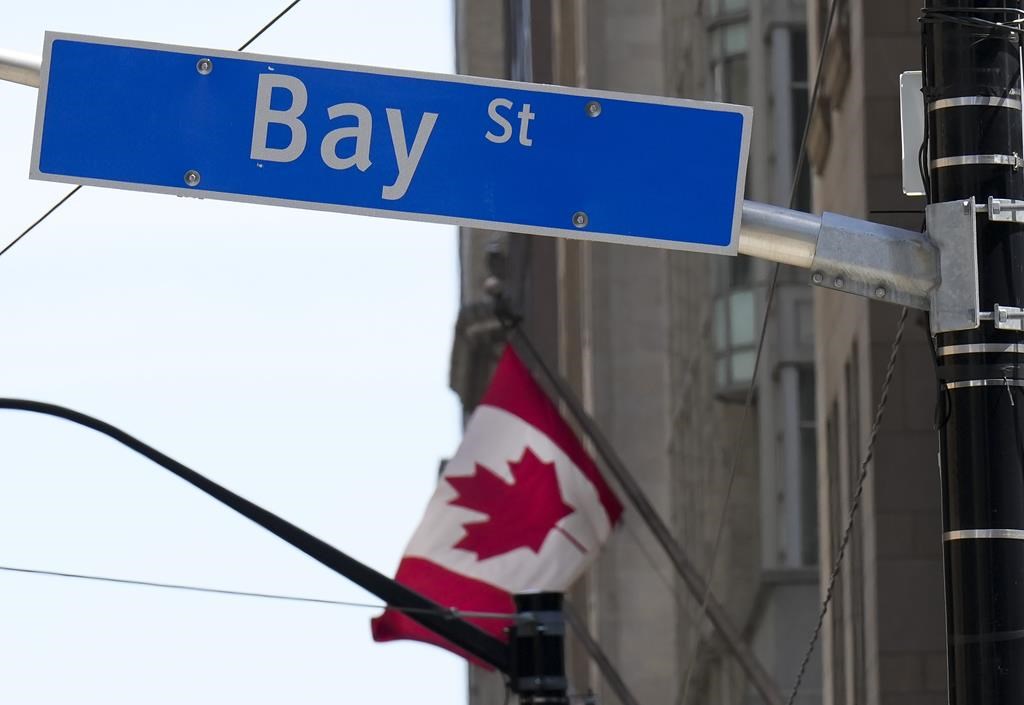TORONTO — Markets in Canada and the U.S. sank in the last hour of trading Wednesday, with U.S. markets down around 1.6 per cent after the Federal Reserve hiked interest rates.
It was a highly anticipated announcement after two bank failures and struggles by other banks last week prompted a crisis of confidence in the financial system and lowered market expectations for the Federal Reserve’s looming rate decision.
Markets more or less held their ground for most of Wednesday, rising somewhat after the Fed’s afternoon announcement before starting to fall, sliding during the last hour of the trading day.
The S&P/TSX composite index closed down 122.14 points at 19,532.78.
In New York, the Dow Jones industrial average was down 530.49 points, or 1.6 per cent, at 32,030.11.The S&P 500 index was down 65.90 points, or 1.7 per cent, at 3,936.97, while the Nasdaq composite was down 190.15 points, or 1.6 per cent, at 11,669.96.
The slide was likely due to a comment by Treasury Secretary Janet Yellen saying the Federal Deposit Insurance Corp. isn’t considering “blanket insurance” for banking deposits, said Pierre-Benoît Gauthier, assistant vice-president of investment strategy at IG Wealth Management.
Allan Small, senior investment adviser at iA Private Wealth, noted that U.S. regional banks fell in particular, pointing to a knee-jerk reaction by investors to Yellen’s comments.
“The stock market actually reacted favourably initially (to the Fed), then it sold off.”
The quarter-percentage-point hike by the Fed wasn’t much of a surprise, said Small, and neither was the Fed’s messaging.
After months of consistent messaging that more rate hikes would be needed to quell inflation, on Wednesday the central bank eased up a bit, leaving the door open to more hikes as it assesses the continued effects of last week’s crisis in the banking industry.
“They’ve left themselves open to either do more or not do more,” said Small.
The banking crisis could end up being disinflationary, said Small, though some parts of inflation such as food have been stubbornly high.
However, last week oil prices fell significantly amid the banking crisis, which may help soften March inflation rates, he said.
The May crude contract was up US$1.23 cents at US$70.90 per barrel and the May natural gas contract was down 18 cents at US$2.31 per mmBTU.
The April gold contract was up US$8.50 at US$1,949.60 an ounceand the May copper contract was up five cents at US$4.04 a pound.
The Canadian dollar traded for 72.93 cents UScompared with 72.96 cents US on Tuesday.
This report by The Canadian Press was first published March 22, 2023.
Companies in this story: (TSX:GSPTSE, TSX_CADUSD=X)



